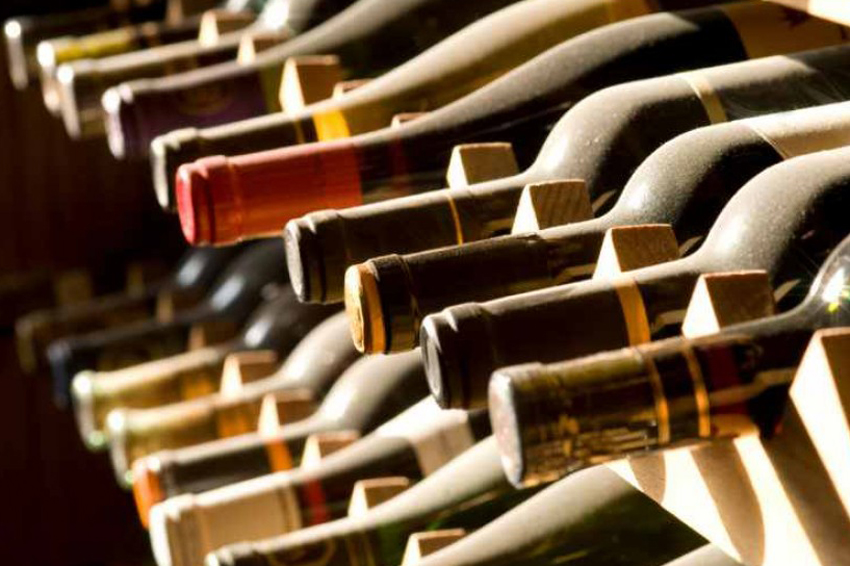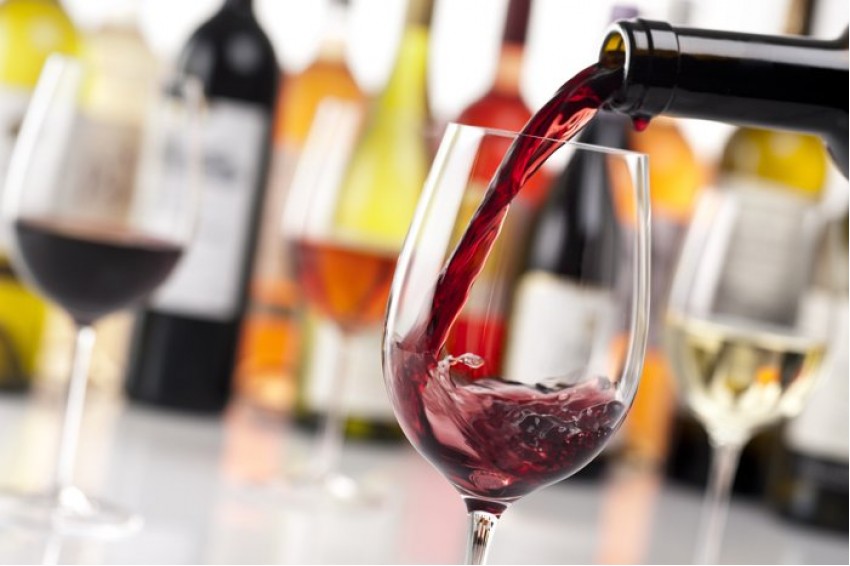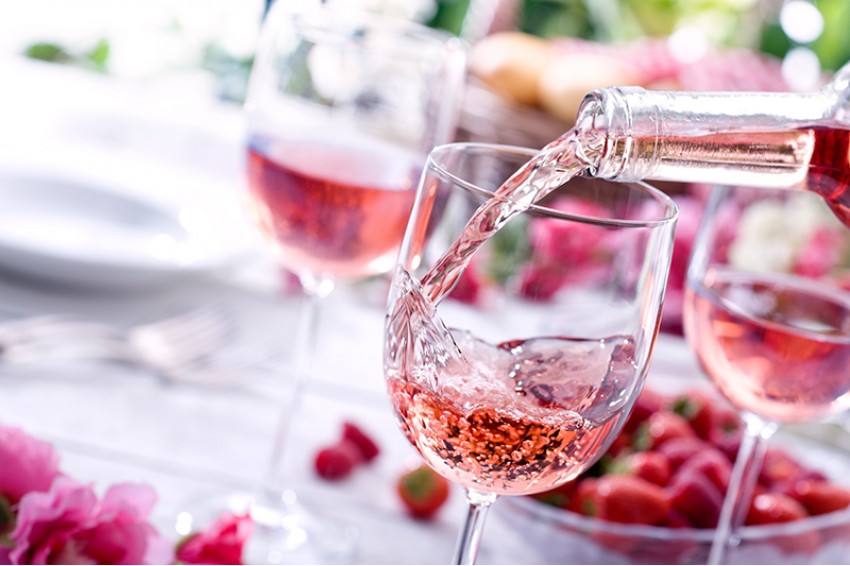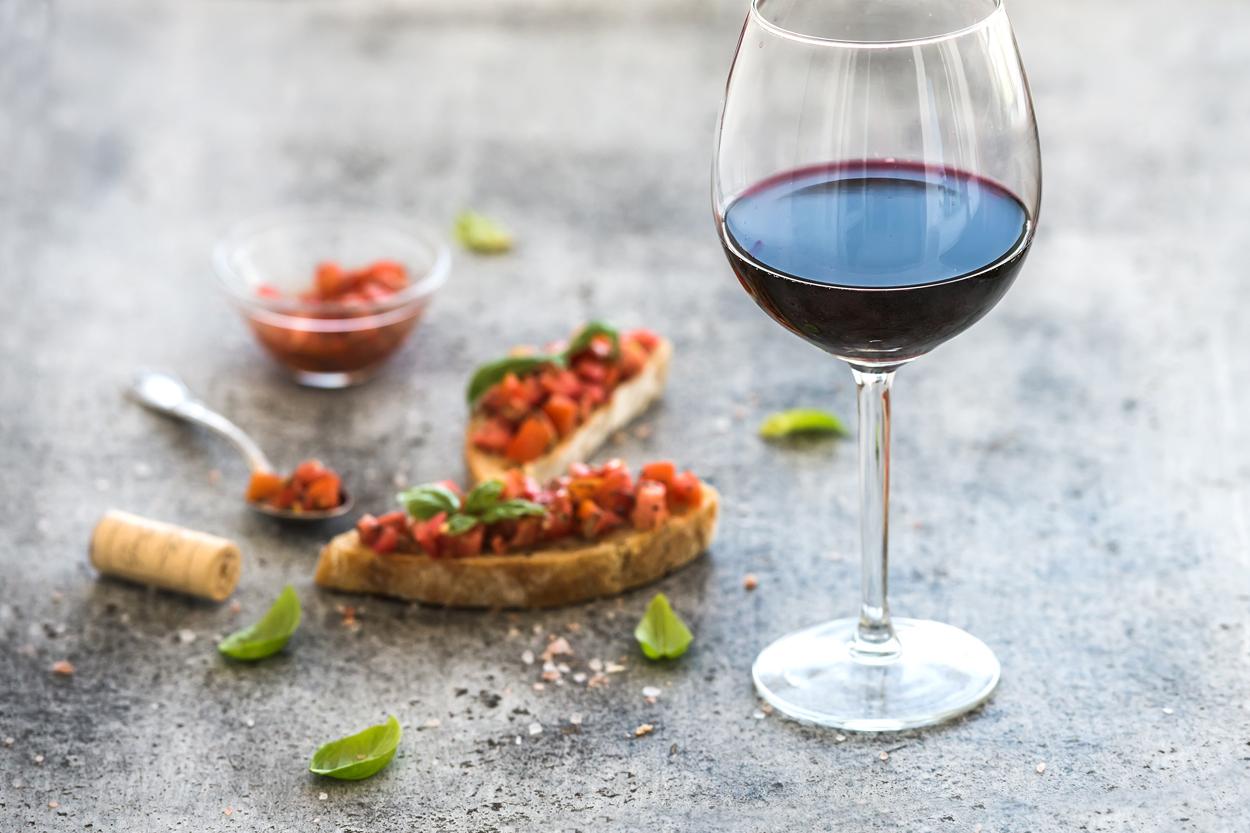How should I store my wine when I don't have a wine cellar? Is a question that I get asked a lot. It all depends on the wine that you are buying and when you want to drink it.
If you are planning on drinking the wine within the next couple of weeks then keep it on the wine rack and get ready to enjoy it, don't forget to pop it in the fridge on the morning of drinking if it's white so it can chill down, similarly a light bodied red served chilled can go down well too. If you are planning on keeping your wine for a while then a little more care has to be taken in ensuring the wine will be at its best when it comes to opening.
When storing your wine make sure it is kept in the dark, total darkness isn't necessary, however, keeping it out of direct sunlight is. The sun's UV rays can cause serious harm to your wine such as premature ageing and degradation.
A constant temperature is also required for keeping your wine at its best. Extreme fluctuations in temperature can cause premature ageing and if the temperatures get too hot it can destroy the wine. The worst places wine can be stored when it comes to controlling the temperature are near a radiator (pretty obvious I know but make sure there's not one on the other side of the wall!) or in the kitchen. Whilst it seems like the perfect place as when it comes to food and drink we tend to think of the kitchen, however the temperature fluctuates greatly in here every time the oven is in use. Another no-no is keeping it in the refrigerator. The average temperature of a fridge in the UK is between 3-5oC which is too cold for long term wine storage. The ideal temperature for wine storage is around 12oC. On top of the low temperature, the limited humidity in the fridge can cause more problems. The lack of moisture can dry out the cork which can result in oxidation of your wine. As the cork dries out it will shrink causing air (and therefore oxygen) to get into the bottle which will damage your wine or in other cases, the wine may simply leak out. Another problem with storing wine in your fridge is that it is full of different foods, which brings me onto my next point.
Keep your wine away from strong odours. Foods like garlic and strong cheeses are likely to cause damage to the wine, the odours can contaminate the wine and in turn affect the wine's flavours and key characteristics.
If your wine is sealed with a cork, be sure to store it on its side, this eliminates the risk of the cork drying out. If the bottles are upright in a cardboard case, make sure it is sealed securely and turn it on its side (there would be nothing worse than your wine bottles crashing onto the floor!) If your wine is screwcap then there is no need for it to be stored on its side.
Don't forget to check the drinking dates of your wines that you are wanting to store. Make a note of when you've stored them to ensure that you don't keep them past their best, an easy way of doing this is on an excel sheet. A dark, cool place with a constant temperature is the ideal place for storing your wine and if like me you don't have a cellar, try storing your wine in your under stairs cupboard, rack it out and load up your wine, alternatively, a well-insulated garage would do the trick too. If you have got a bit of money spare to play with why not invest in a wine fridge. Becoming increasingly popular, these temperature controlled fridges allow you to set what temperature you want and keep it constant and many have on/of light switches so the light doesn't have to come on each time you open the door. There are some really attractive looking ones at a variety of different prices so there is something for everyone when it comes to the design. If you are really pushing the boat out, there are some fabulous small space cellars that you can build into your house. My favourite is the spiral cellar, understated yet so impressive.
A few things to consider…
If you are wanting to keep your wine for a long time, it may be worth investing in some professional storage such as a temperature controlled system as mentioned above or using a professional service. If you have purchased your wine for investment purposes, I would recommend you keep your wine in bond or duty paid in temperature controlled storage facilities. Not only will it ensure optimum storage conditions, it will help to protect your investment when it comes to selling in the future, as provenance is key.
If you have any questions on storing your wine, then please do send me an email amy@bcfw.co.uk or call me in the office on 01325 776446 and I will be happy to help.






